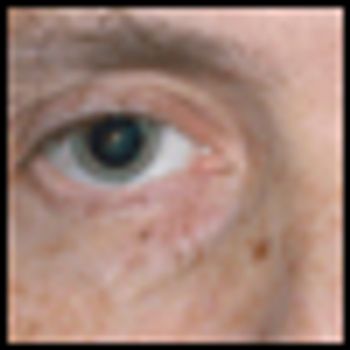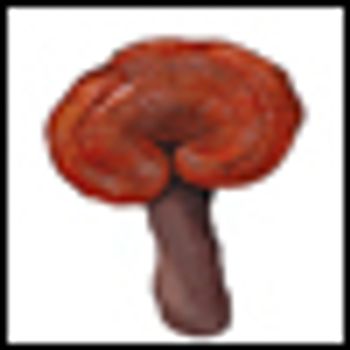
In their Areas of Confusion article, “Management of Relapsed Mantle Cell Lymphoma: Still a Treatment Challenge,” Ruan et al attempt to make the case that the relative merits of different upfront approaches for mantle cell lymphoma (MCL) are difficult to appreciate due to the differences in eligible patient populations and limited randomized data.


